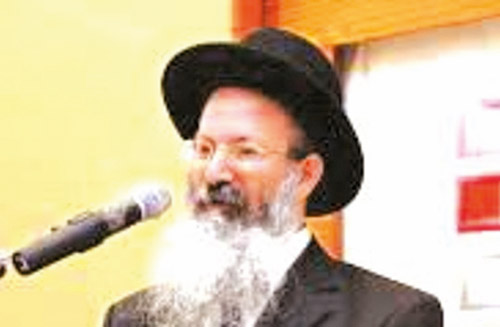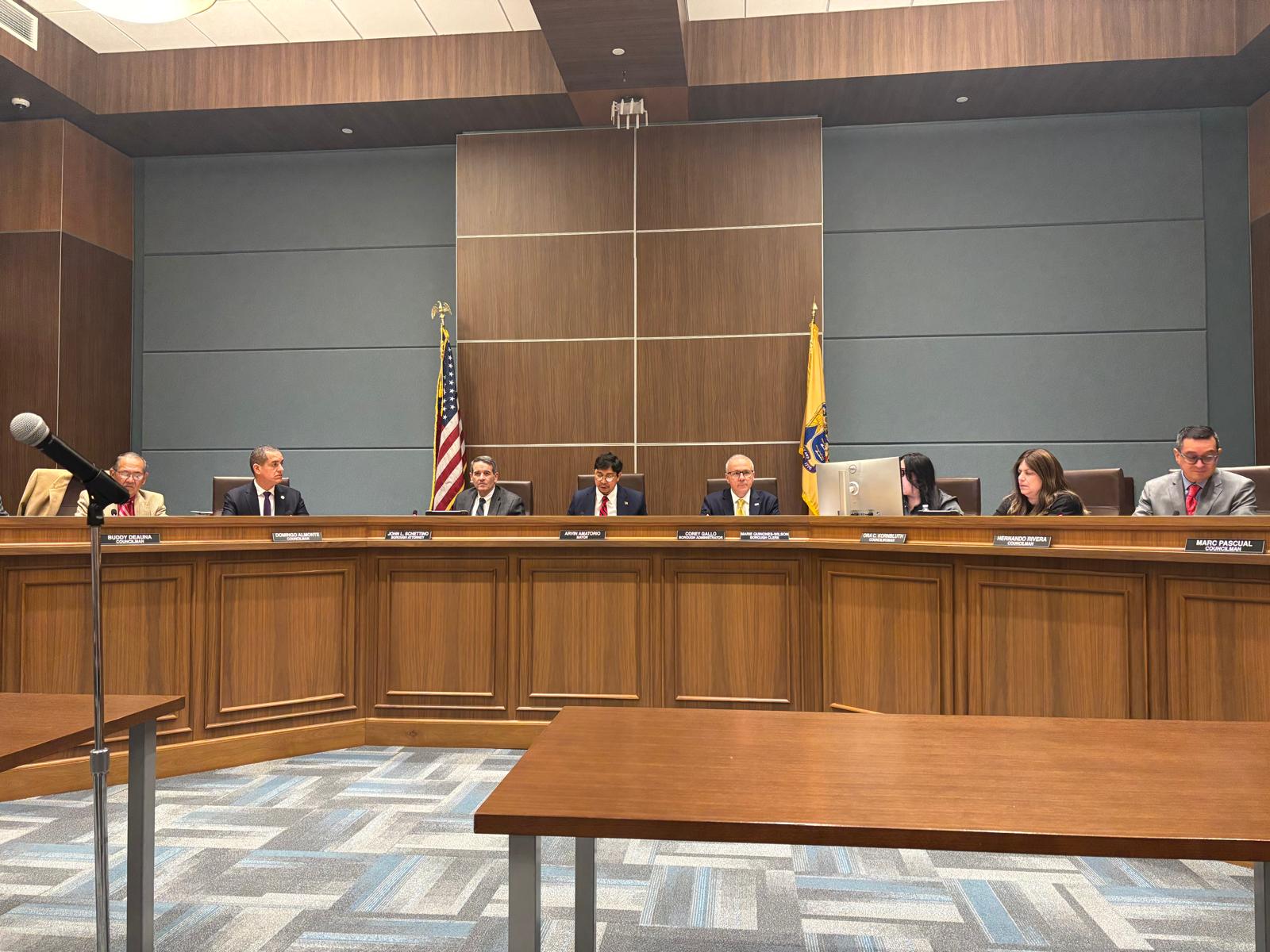
Though their ideologies were threatening to Orthodoxy many, many decades ago, that is no longer the case.
In June, Rabbi Eliezer Melamed, an Orthodox religious-Zionist rabbi, participated in a dialogue with Rabbi Delphine Horvilleur, a French Reform Rabbi. Rabbi Melamed was criticized by some colleagues in the broader Orthodox community for the sin of “recognition”—giving legitimacy to a deviant theology.
Among the leaders of Orthodox Judaism today, there are too many who perceive any engagement with non-Orthodox religious leaders as sinful and dangerous. This is based on an outdated strategy from a very different time in the history of American Orthodoxy.
Today, it is essential for Orthodox rabbis to recognize that there are Reform and Conservative Jewish communities in America. Their ideologies are not threatening to the Orthodox community, and they are the last bastion of Judaism for many American Jews. We should see it as a value that their synagogues be maintained and that the movements survive.
I spent 40 years as an Orthodox rabbi in a predominantly Jewish area which was home to Reform, Conservative and Orthodox synagogues and rabbis. My Torah education was in New York Orthodox day schools of the 1950s and 1960s and at Yeshiva University of the 1960s and 1970s. It was during this period—the decades after the Holocaust—that American Orthodox Judaism grew from a tenuous community into the strong, polychromatic group it is today.
The Reform movement, in its origins in Europe, abrogated traditional Judaism, both philosophically and practically. The movement eliminated the majority of the commandments and denied the centrality of halachic obligation to Judaism. The movement also denied the veracity of the revelation at Sinai and other central theological dogmas of Judaism.
The Conservative movement began as a more liberal version of Orthodoxy and eventually broke with several important traditions both in the synagogue and outside of it.
For many years there was a real theological war in America before the Orthodox movement found its stronghold here. The fledgling Jewish day school movement was fighting for its life, and there was a genuine concern that Orthodox tradition would be overwhelmed by the majority non-Orthodox movements. Many Orthodox synagogues in America became Conservative, as Jewish education was not available in many places in America to reinforce Orthodox traditions.
In the early years, there was a fear within Orthodoxy of recognizing Conservative or Reform Judaism as a form of Judaism. At a time when the Orthodox movement in America was fighting an uphill battle for survival, anything that could be perceived as legitimizing those movements was perceived as genuinely dangerous for Orthodoxy’s future.
At that time, some Orthodox-educated men left the traditional yeshivot and studied for ordination at non-Orthodox seminaries. Others were ordained at Orthodox seminaries but became influential rabbis of non-Orthodox movements.
Things have dramatically changed today. Although the Orthodox community is still a minority among American Jews, it is the strongest religious stream in American Judaism.
Jewish education has become very strong around the country at the primary and secondary levels, with top-notch options in higher education available as well. Many Orthodox high school graduates choose to study Torah in an immersive environment in Israel for a year or more.
The Orthodox community is diversified, strong, replete with all the necessary services to maintain itself in many communities. There are synagogues within walking distance from wonderful neighborhoods; there are eruvin and many halachic technologies to make Shabbat observance as convenient as possible; there are beautiful mikvaot which enhance taharat hamishpacha; and there are kosher eating facilities of all kinds.
At the same time that Orthodoxy grew strong, the Reform and Conservative movements in America became less robust than they were half a century ago as acculturation, integration and assimilation became defining realities for the younger generations in so many of these communities. With intermarriage spiraling out of control, and with it a hemorrhaging of membership, the Reform movement chose the extreme position of accepting as Jews children of patrilineal descent.
In my opinion, recognizing that there are Reform and Conservative communities, synagogues and institutions in America is important. Though their ideologies were threatening to Orthodoxy many, many decades ago, that is no longer the case. Today, these movements play a central role in maintaining a connection to Judaism for many Jews who would otherwise be fully assimilated. It is important for Conservative and Reform synagogues to be maintained, and for Orthodox rabbis to value their role in supporting Jewish identity.
It is important to distinguish between recognition of the theology of non-Orthodox movements as legitimate versions of Judaism and recognizing the crucial role that non-Orthodox institutions and leadership serve in enabling Jews to remain within the framework of the Jewish people.
The latter approach is critical for maintaining ourselves as a nation. What Rabbi Eliezer Melamed courageously did was just that. He did not engage in a theological debate with Rabbi Delphine Horvilleur. His commitment to Orthodox Judaism was not up for discussion. He was not discussing compromise in halachic issues such as conversion. What he did was engage in a discussion to better understand Reform Judaism, in an effort to know who Reform Jews are, since they are a part of our people, and to help strengthen Jewish peoplehood.
As long as a link to Jewish identity is maintained, there is always a possibility that a non-Orthodox Jew may have an experience that brings him/her closer to Torah study and a stronger connection with normative Jewish practice and observance.
Rabbi Melamed should be commended and emulated. Trashing him shows serious ignorance of reality by his critics. We are in a battle of demographics in our effort to keep as many Jews as possible as part of our nation.
The writer is rabbi emeritus of Young Israel of Woodmere, past president of RCA and member of the U.S. Commission for the Preservation of America’s Heritage Abroad.
By Rabbi Heshie Billet/JPost.com













